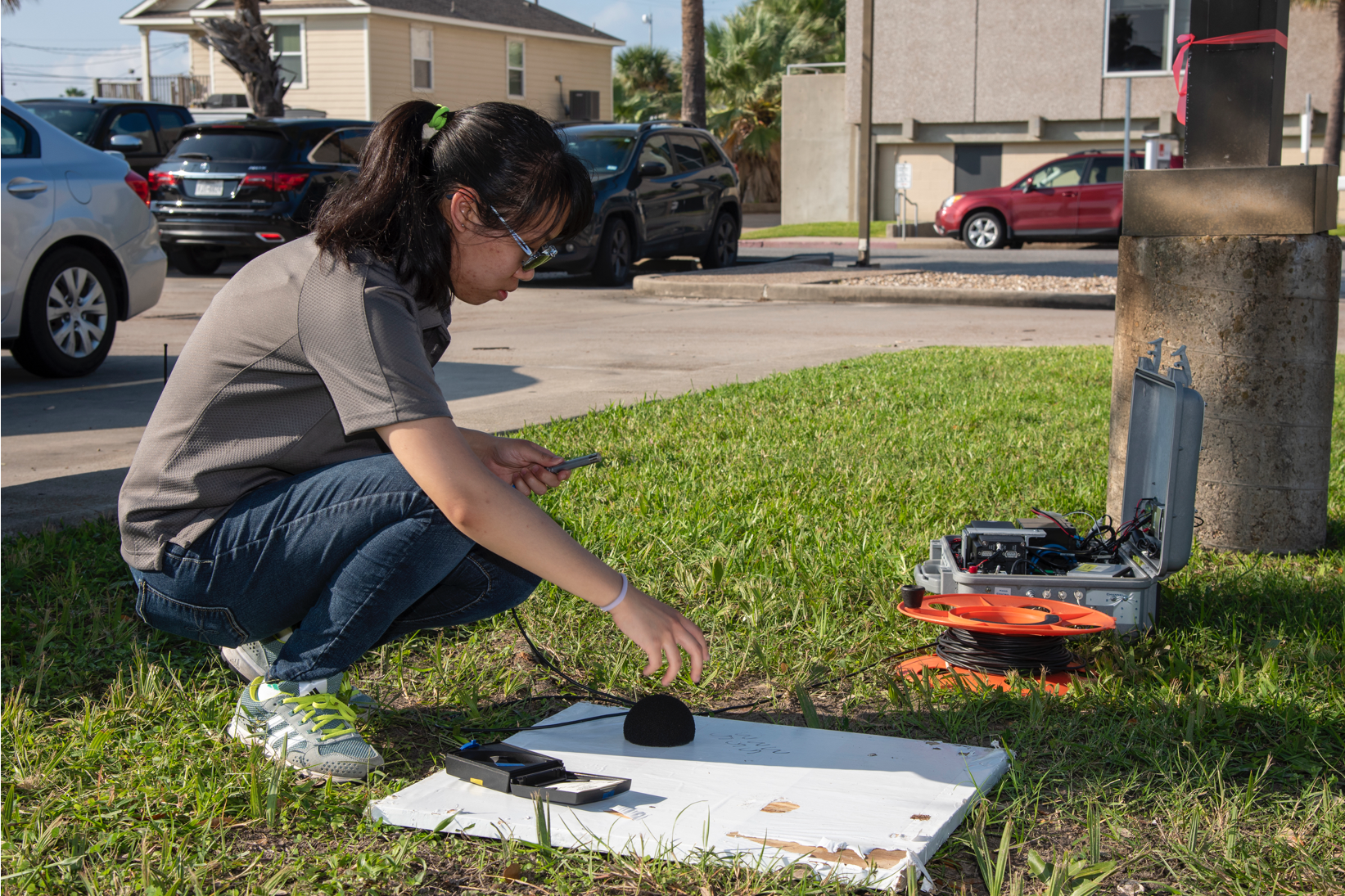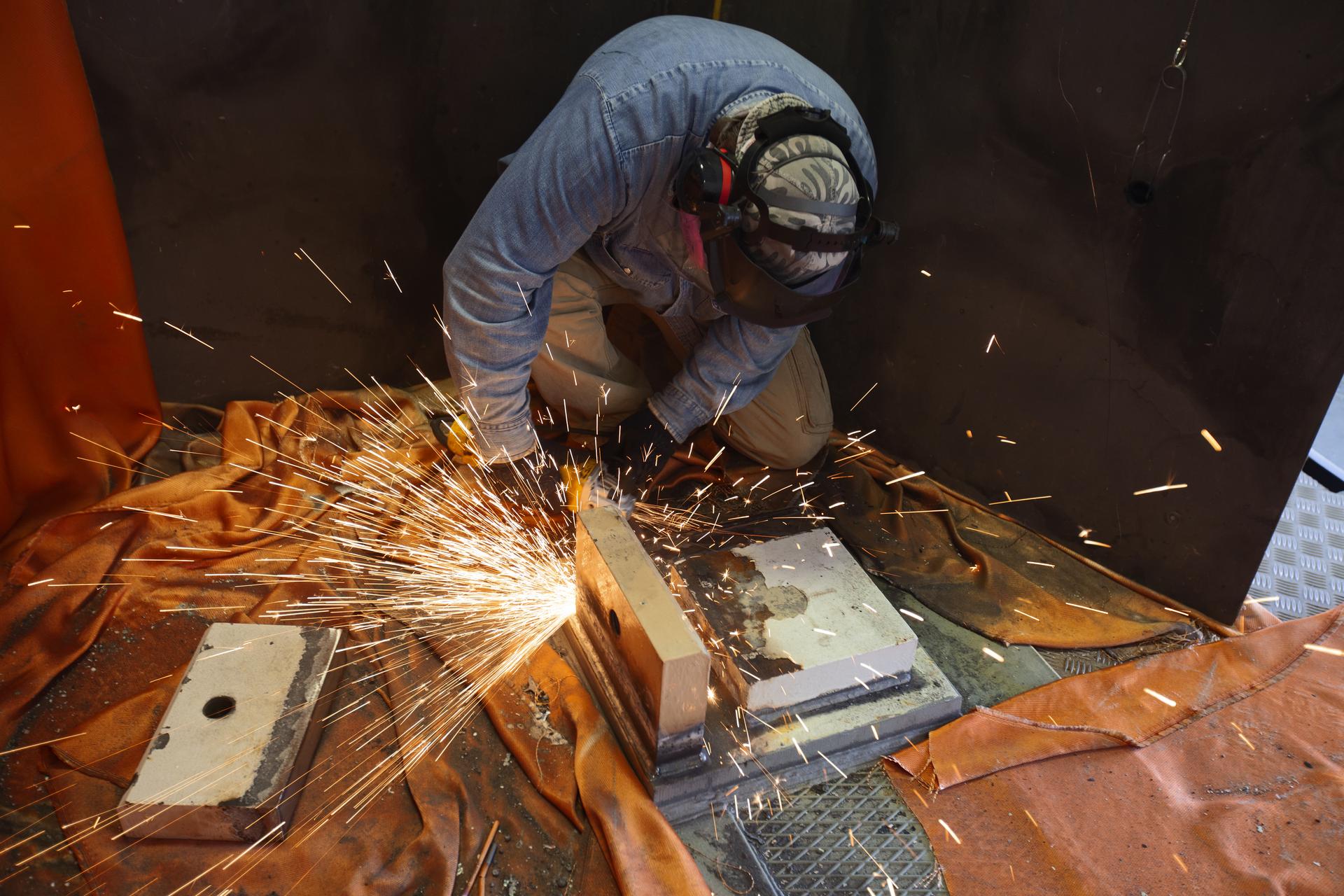The world is growing more interconnected and dependent on the global movement of people, goods and services. NASA’s Minority University Research and Education Project (MUREP) petitioned numerous Minority-Serving Intuitions (MSI) to come up with proposals to create new networks and solve issues regarding the global supply chain as it relates to aerospace.
NASA has chosen four universities to win MUREP High-Volume Manufacturing and Supply Chain Management (MUREP High Volume) awards. MUREP High-Volume seeks to address the need for a high-volume manufacturing and supply chain ecosystem in aerospace and future needs of manufacturing ecosystems by introducing new and diverse ecosystem networks. These networks are designed to support the development of a broader technical aerospace high-volume manufacturing workforce while increasing interest in related entrepreneurship opportunities.
The awards, totaling nearly $3 million, are for a three-year period to implement the respective institution’s proposal. The four selected institutions and their proposed projects are:
California State University, Northridge – Northridge, California
Consortium for High-volume Additive Manufacturing of Aerospace Heat Exchanger and Talent Development
The Autonomy Research Center for STEAHM (ARCS), a NASA-sponsored center for convergence research at California State University Northridge, in partnership with private industry and other public partners, proposes a Consortium for High-volume Additive Manufacturing of Aerospace Heat Exchanger and Talent Development to address the challenges of high-volume manufacturing and supply chain management of aircraft heat transfer equipment. It will leverage teams of students and specialized scientists and engineers from NASA’s Jet Propulsion Laboratory and industry partners to fundamentally alter the manufacturing methods including: develop super alloys by nanoparticles self-dispersion to functionally deliver performance-enhanced heat exchangers into aerospace applications; identify best practices for generative design and additive manufacture; and provide research for manufacturing regarding laser power bed fusion, AI-powered augmented reality and inspection of production parts.
California State University Northridge was awarded $750,000 as a three-year budget for its proposal.
University of North Texas – Denton, Texas
Resilient Supply Chain Ecosystem for Agile Manufacturing of Unmanned Aircraft Systems
To assist U.S. aerospace and defense entities’ manufacturing and supply chains to successfully pivot from low- to high-volume manufacturing, particularly focusing on electric Vertical Takeoff and Landing (eVTOL) vehicles and unmanned aerial systems manufacturing and supply chain ecosystems. This project proposes to conduct a supply chain data analysis of relevant supply chains by mapping each tier from source of supply to end user to determine where risks and vulnerabilities to high-volume manufacturing exist. This project will then focus on enabling high-volume manufacturing of components and systems, as well as commercialization of new parts, processes and technologies, while leveraging the strengths of advanced air mobility ecosystem partners and create a vibrant ecosystem that includes multiple advanced air mobility manufacturers, suppliers, infrastructure providers, government agencies, and educational institutions to provide sustainable supply chain, manufacturing, and policy solutions. In addition, the project aims to increase diversity and inclusion in the workforce through integrated learning experiences in manufacturing and supply chain education enabling professional development with associate, undergraduate and graduate degrees, and certificates. The University of North Texas was awarded $745,670 as a three-year budget for its proposal.
Elizabeth City State University – Elizabeth City, North Carolina
NASA MUREP Aerospace and Advanced Manufacturing Education and Training Program at ECSU
The proposed project seeks to establish a regional aerospace high-volume manufacturing educational and training hub at Elizabeth City State University. The goals of the proposed project are to develop organizational systems and mechanisms required to meet the workforce needs of the aerospace manufacturing industry in the region, strengthen education capacity at ECSU by partnering with high schools and community, and generate interest in aerospace manufacturing careers among the future workforce and increase the pipeline of qualified workers. The project will also serve as an educational, research and development resource to assist school districts and community colleges in designing innovative, career-relevant curricula, instructional approaches and uses of technology. Elizabeth City State University was awarded $576,333 as a three-year budget for its proposal.
Florida International University – Miami, Florida
Student Apprenticeships in Aerospace Advanced Manufacturing
The proposed effort, in partnership with industry, academia and other organizations, will focus on creating a network of scientists, engineers, and business analysts led by Florida International University (FIU), to explore opportunities for innovation in the aerospace high volume manufacturing supply chain. FIU will identify post-secondary education strategies to develop talent for the current and emerging aerospace needs, contribute to the development of a diverse aerospace workforce by offering training opportunities to students, largely from underrepresented and underserved groups for the aerospace manufacturing industry. The student apprenticeships will involve developing manufacturing capacity in avionics at FIU to support the advanced air mobility supply chain. Florida International University was awarded $749,945 as a three-year budget for its proposal.
The Minority University Research and Education Project is administered through the National Aeronautics and Space Administration’s Office of STEM Engagement. Through MUREP, NASA provides financial assistance via competitive awards to Minority Serving Institutions, including Historically Black Colleges and Universities, Hispanic Serving Institutions, Asian American and Native American Pacific Islander Serving Institutions, Alaska Native and Native Hawaiian-Serving Institutions, American Indian Tribal Colleges and Universities, Native American-Serving Nontribal Institutions and other MSIs, as required by the MSI-focused Executive Orders. These institutions recruit and retain underrepresented and underserved students, including women and girls, and persons with disabilities, into science, technology, engineering and mathematics (STEM) fields.




























